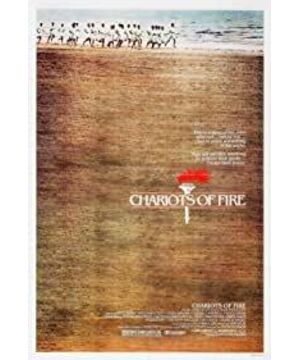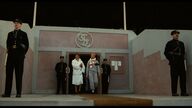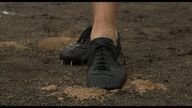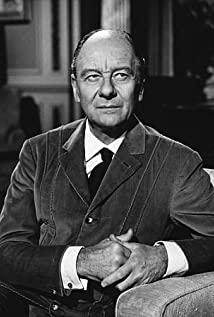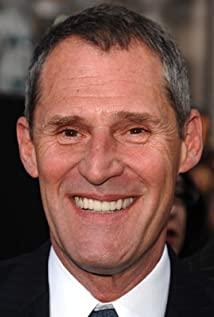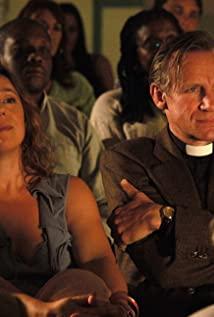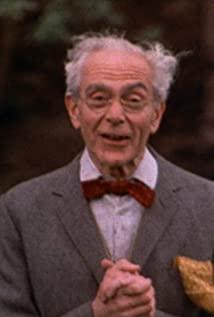The story takes place in 1919. A Jewish student, Abraham, was admitted to the aristocratic Cambridge University Kaias College in England. The young man suffered from racial prejudice and wanted to be the first Jew to win the Olympic 100-meter gold medal, in order to fight racial prejudice and honor his fellow citizens. Scottish Highlands also has a young Liddell determined to win the Olympic 100m gold medal. His father was a missionary, and he was a devout believer. He believes that athletes should have tenacious will and dedication, which is consistent with the teachings of Christ. Since God has given him a pair of fast legs, he is to win glory for God. In 1920, Scotland and France held track and field competitions, and Liddell represented Scotland. Just as the competition was fierce, Liddell suddenly fell, but he was not discouraged, hurried to catch up, and finally reached the finish line first. Abraham was very excited to witness this will-making miracle in the stands. He eagerly asked Italian professional coach Mousabini to guide him in his practice. Musabini did not agree. In 1923, at the National Games in London, Liddell and Abraham met on the track. Liddell took the title and Abraham was two yards behind. His girlfriend Sybil, the opera singer, reassured him that he would pass Liddell next time, but Abraham said bitterly that his speed seemed to have reached its limit and could never be improved. The Italian coach present saw that there was a spirit of eagerness to fight in the loser, and decided to help him, and said to him: "The two yards are on me! Coach Mousabini pointed out Abraham's lack of training and guided him. He began to train systematically from basic movements. Abraham, who lost his confidence, gradually regained his confidence. In 1924, the 8th Olympic Games were held in Paris. When the British team left for France, Liddell knew that the 100-meter preliminaries would be held on Sunday. Press According to Christianity, Sunday is the Sabbath day, and no work is allowed. He thought about it again and again, and finally decided to abide by the teachings and withdraw from the competition. Athletes from all over the world gathered in Paris. The British Prince of Wales went to Paris to supervise the battle. However, Liddell, the most promising 100-meter runner, temporarily Abandoning the game, the team leader earnestly asked him to participate in the game for the honor of the king. Liddell only replied: "The country and the king are also created by God. "While the two sides were at a stalemate, the British team's 400m runner Lord Lindsey voluntarily ceded his right to participate in the 400m to Liddell because the race was not held on the Sabbath. Liddell worked hard to exercise endurance in the shortest time possible. During the competition, Liddell not only won the 400-meter race championship, but also broke the world record in this event. The audience cheered him, and his companions carried him on their shoulders. Liddell raised his clenched hands high, to selfless fulfillment Tribute to his Lord Lindsay. Participate in Although the sprinting Abraham did not encounter Liddell, his opponents were all American sprinters. However, Abraham had realized at this time that the obstacle in front of him was not his opponent, but his own lack of confidence. He overcame this psychological obstacle, participated in the 100m final with full confidence, and finally won the championship.
View more about
Chariots of Fire reviews


